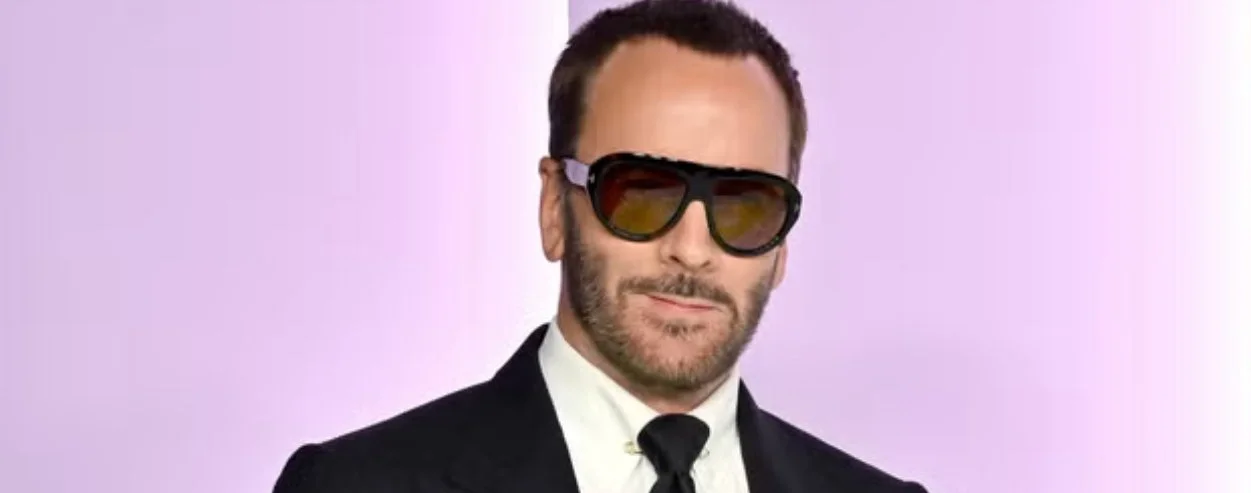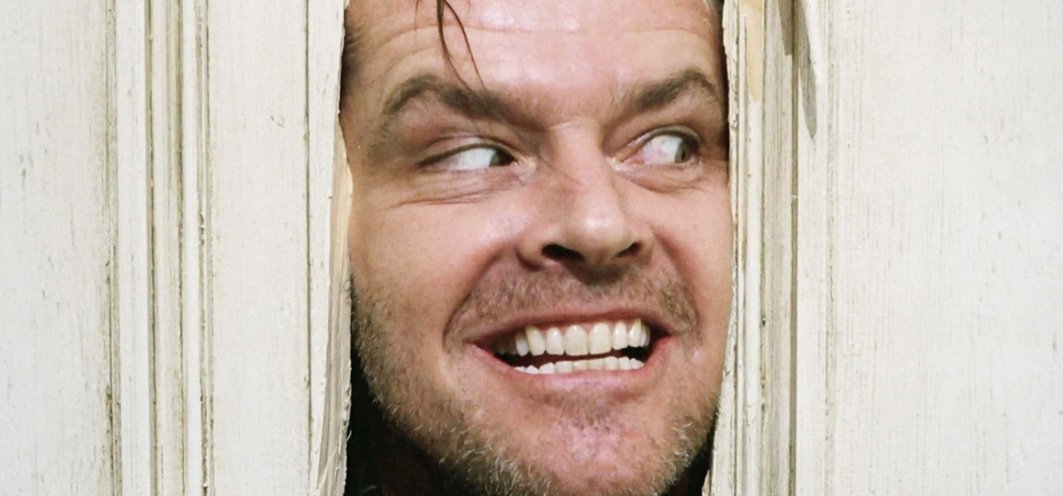Author Stephen King’s assertion that “Babylon” will be viewed as a “classic” twenty years from now got me thinking about other maligned films from the last 10 years that might get the same positive fate.
I can actually think of a few recent titles that WoR readers might namecheck, such as “Babylon,” “Blonde,” and “Beau is Afraid.”
I’d like to add some films more that, although they garnered positive reviews, didn’t really get their due and might become classics: Roman Polanski’s “An Officer And A Spy,” Clint Eastwood’s “The Mule,” and “Richard Jewell,” Casey Affleck’s “I’m Still Here,” Richard Linklater’s “Bernie,” Joel Coen’s “Burn After Reading,” Woody Allen’s “Irrational Man”, Trey Edward Shultz’s “Krisha”, Evan Glodell’s “Bellflower”, Martin Scorsese’s “Silence,” Dee Rees’ “Pariah,” William Friedkin’s “Killer Joe,” Quentin Tarantino’s “The Hateful Eight,” Matt Spicer’s “Ingrid Goes West,” Julia Leigh’s “Sleeping Beauty,” and Lars von Trier’s “The House That Jack Built.”
Here’s something I wrote for IndieWire many years ago, that had to do with films we qualify as masterpieces today that were not received well during their initial releases:
Sometimes movies are made to be rediscovered. Perhaps the most famous example of critics, and audiences, getting a movie wrong was Fritz Lang’s classic Metropolis.
It’s hard to believe, but the movie was originally ill-received back in 1927. Most notably, and amusingly, author H. G. Wells (yes, that H. G. Wells) wrote a critical review of the film himself...
The studio invested a ton of money in “Metropolis” and, fearing a financial catastrophe, snipped the runtime so that theaters could show the film more often per day so as to recover some of their investment.
Which is why, until only very recently, no "complete" copy of “Metropolis” had been available. The studio back then simply discarded the deleted scenes thinking no one would ever care for it after the film's initial run.
In Julian Schanbel's Vincent Van Gogh biopic, "At Eternity's Gate," a priest played by Mads Mikkelsen tells Van Gogh that his work, quite frankly, stinks and that it shouldn't be considered “painting,” or at least what the standard definition of it was back in the 1880s. Van Gogh responds by saying that he feels like he's painting for people that haven't been born yet.
This had me thinking about all the great cinematic artists that didn't get their due until much later in life, or only after they passed away. It's a very common thing, so much so that I stumbled upon many classic films that were not liked by film critics upon their releases.
You could make the case for the inclusion of many Alfred Hitchcock’s movies, but it's the classics that I've chosen. "Vertigo," and "Psycho," both of which garnered controversy for their depictions of violence and sexuality, were not well-met by critics. “Psycho” especially got off to a rocky start, which culminated in reviews calling it "gimmicky" and "tacky." In a particularly noteworthy review, the New York Times said it had “not an abundance of subtlety” and was an “obviously low-budget job.” Judging by some other reviews I ended up finding, the Times review should be considered one of the kinder and gentler pans of the film.
You could also make the case for every Stanley Kubrick movie. “2001: A Space Odyssey" is the film that famously bewildered Woody Allen back in 1968. Allen had said about Kubrick's masterpiece: "When I first saw 2001, I didn't like it. Three or four months later, I was with some woman in California, and I went to see it again, and I liked it a lot more. A couple of years later, I saw it again, and I thought, "GEE! This is really a sensational movie, and it was one of the few times in my life that I realized that the artist was much ahead of me!"
Even Kubrick's astonishing "Barry Lyndon" had a rough time with critics, most of whom complained about the cold, detached nature of the film, or as the NYT would describe it, "the slow and self-conscious artistry on-display." However, worst of all, the director's following film, "The Shining," got Kubrick a Razzie nomination for worst director. Now it's regarded as one of the greatest movies of the 1980s. A critical reappraisal for his final film, "Eyes Wide Shut," has also happened in the last few years.
“The Night of the Hunter” is the only film Charles Laughton ever directed. It was such a bomb with critics and audiences that he would never again direct another film. And yet, ironically, it is now considered to be one of the most influential American films . Laughton’s masterpiece was a hybrid of genres that feels like it was released in the wrong era, back when its brilliant mix of magical surrealism, and horror caught people off guard. Bosley Crowther of The New York Times stated the film was "weird" and that it "goes wrong." Now, it’s a flat-out seminal statement. Cahiers du Cinema recently named it the 2nd greatest movie ever made and BFI's Sight and Sound Poll has it listed as the 63rd greatest movie of all-time.
I'm not the only person who considers director Jean Renoir's French comedy of manners “The Rules of the Game” to be a masterpiece, plenty of film historians do as well. This late ‘30s film, set in the Bourgeois French countryside, was the most expensive French movie ever made at the time. Renoir was coming hot off the heels of an incredible streak of critical successes, which culminated with his classic "La Grande Illusion."
So, why was "Rules of the Game," a scathing indictment of France's bourgeois class, so hated by critics? Well, it doesn't help that the film was temporarily banned by the French government for bogus reasons. Upon its release it was also trashed by critics stateside — A New York Times review, them again, stated that "the master has dealt his admirers a pointless, thudding punch below the belt." Renoir has said that the film's failures "so depressed me that I resolved to either give up the cinema or to leave France."
When it comes to modern-era classics, it's very hard not to include Ridley Scott's "Blade Runner." Not only did it massively under-perform at the box office, but it also failed to impress critics. It’s not hard to imagine how critics could be polarized by this film. At the time, in 1982, its production values were mentioned as a positive, but the consensus seemed to be that it just wasn't the action film that was being advertised in the trailers. Instead, Ridley Scott's film turned out to be a slow-moving, meditative sci-fi noir on what it meant to be human. Eventually Scott’s director’s cut had audiences and critics re-evaluating the film, Since its release, "Blade Runner" has gone on to be crowned as one of the most important and best sci-fi films ever made.
John Carpenter’s “The Thing” received negative reviews upon release, and, quite frankly, hostility for its cynical, anti-authoritarian tone and graphic special effects. The Los Angeles Times's Linda Gross said that “The Thing” was "bereft, despairing, and nihilistic", and lacking in feeling, meaning the characters' deaths did not matter. Variety called it inferior to the 1951 version.
I take every failure hard. The one I took the hardest was The Thing. My career would have been different if that had been a big hit ... The movie was hated. Even by science-fiction fans. They thought that I had betrayed some kind of trust, and the piling on was insane. Even the original movie's director, Christian Nyby, was dissing me. —John Carpenter






